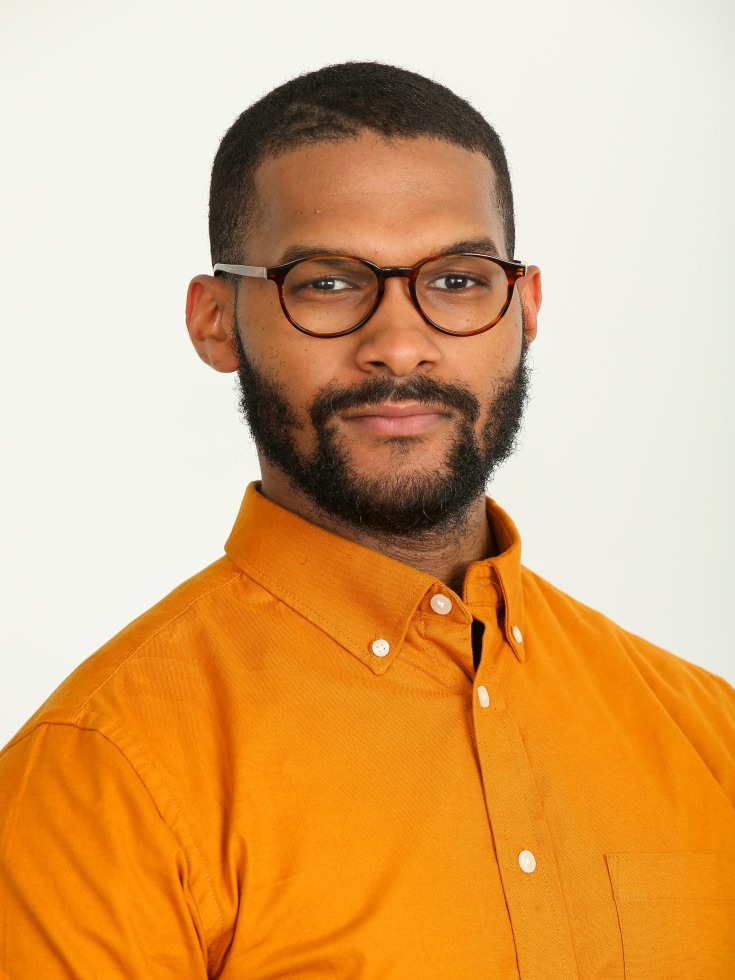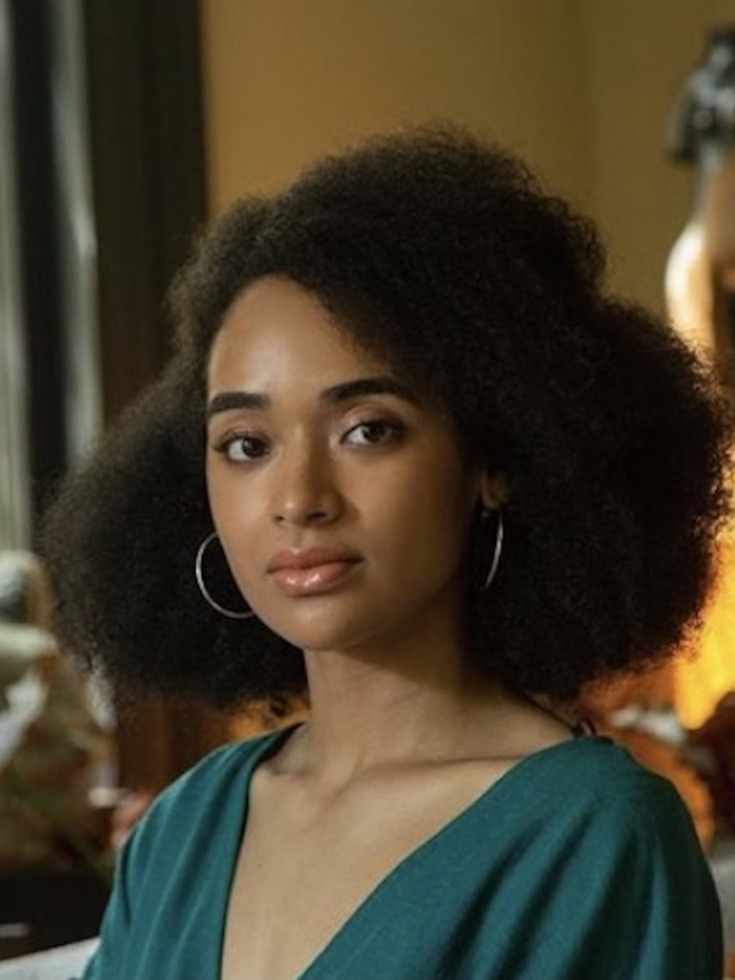Occasionally, the Pembroke Center is able to host student proctors at the Pembroke Center Archives via partnerships with the Brown Graduate School or through special arrangements. Curatorial proctorships offer students with expertise in gender and sexuality studies the opportunity to cross-train into professional curatorial work.
Proctors work closely with Mary Murphy, the Nancy L. Buc '65 LLD'94 hon Pembroke Center Archivist, and Ann duCille, Professor of English, Emerita at Wesleyan University and Visiting Scholar in Gender Studies at the Pembroke Center. This apprenticeship model provides unique, hands-on experiences, enabling students to develop their curatorial skills and understanding of archival management. Often, students work with collections and scholars whose research informs their own academic work and scholarship.
Most recently, Africana Studies graduate students Melaine Ferdinand-King and N'Kosi Oates served as graduate curatorial proctors in summer 2021. Focusing in particular on the Black Feminist Theory Project, King and Oates met weekly with Ann duCille and Mary Murphy; conducted research to identify potential donors of papers for the Black Feminist Theory Collections; prepared and presented curatorial “pitches;” corresponded with notable Black feminist scholars and solicited their participation in the project; and participated in and led curatorial meetings with interested potential donors. Each also traveled with archives staff to survey and pick up collections.
Oates continued to work with the Archives as a graduate curatorial assistant the following academic year.

